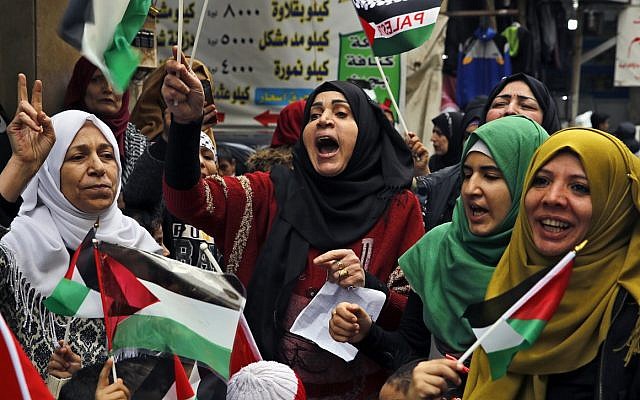Palestinian refugees in Lebanon are three times more likely to die with COVID-19 than the population as a whole, according to UN figures that highlight the pandemic’s outsized impact on the community.
An estimated 207,000 Palestinian refugees live in Lebanon after being driven from their homes or fleeing the conflict surrounding Israel’s 1948 creation, the vast majority in cramped camps where social distancing is impossible.
In the year since Lebanon registered its first case, about 5,800 have been infected with the coronavirus and about 200 of them have died, said a spokeswoman for the United Nations agency for Palestinian refugees, UNRWA.
That is three times the COVID-19 mortality rate for the country as a whole of just over one per cent.
Most Palestinians who died after contracting the disease in Lebanon had health conditions such as cardiac or pulmonary issues, which are aggravated by poverty and conditions in the camps, said UNWRA spokeswoman Hoda Samra.
Cramped living conditions and the need to go out to work meant Palestinian refugees were more likely to be exposed to the virus, she added.
“Vulnerable communities tend to have poorer baseline health conditions, hence more co-morbidities and chronic health conditions,” said Joelle Abi Rached, an associate researcher at Sciences Po University in Paris.
Lebanese authorities bar Palestinians from obtaining Lebanese nationality or working in many skilled professions, so the refugees largely make a living doing low-paid labour in construction and crafts, or as street vendors.
“The focus here is on the economic elements – people go out because they can’t afford to go stay home,” Samra told the Thomson Reuters Foundation.
She said the total number of infections among Palestinians was likely higher given that only those suspected to have been exposed to confirmed COVID-19 cases were tested.
Read the article by Timour Azhari in Sight magazine.

